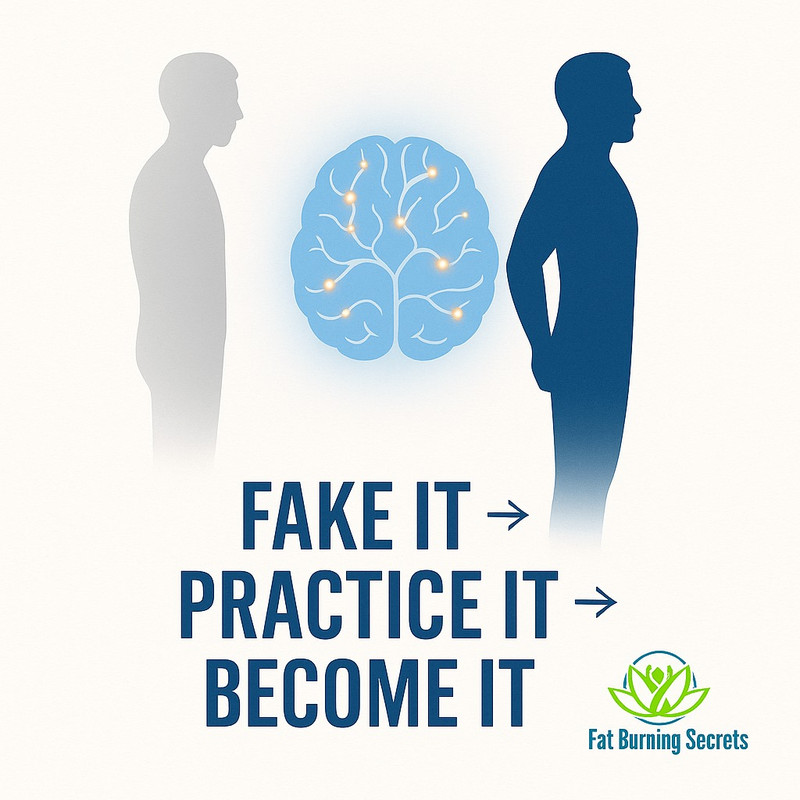
Have you ever wondered if the popular phrase fake it until you make it actually holds any weight beyond self-help clichés? Backed by science and personal experience, this in-depth article explores how acting "as if" you’ve already achieved your goals can rewire your brain and unlock real, lasting change. Whether you're striving for more confidence, success, or mental resilience, the insights found here reveal why this technique isn’t just motivational fluff—it’s a powerful psychological strategy that works.
The article starts by breaking down what the phrase fake it until you make it really means. Contrary to what skeptics might think, it's not about being deceptive or putting on a false persona. Instead, it’s about stepping into a future version of yourself—adopting the behaviors, body language, habits, and mindset of the person you aspire to become. Over time, this consistent "acting as if" becomes your new reality.
Drawing on research in neuroscience and psychology, including self-perception theory, Hebbian learning, and neuroplasticity, the article provides compelling evidence that behavior can lead belief. For example, studies show that confidently mimicking success—even when you don’t feel it—can reduce stress, boost hormone levels associated with power, and positively shift your mindset. The article even references the famous smile feedback study, which proved that forcing a smile can elevate your mood, proving your body has the power to shape your thoughts.
Beyond the theory, the piece offers practical tools and real-life applications. You’ll find tips on how to start small, stay authentic, and reflect regularly to ensure your progress is genuine and sustainable. There’s also a powerful personal testimony from the author, who used daily affirmations and visualization techniques to prepare for—and ultimately win—a bodybuilding competition. His journey serves as a vivid example of how mentally “faking it” can align thoughts, emotions, and actions for a true transformation.
The article also tackles common questions and concerns. Is it dishonest? Can it lead to burnout? You’ll find clear, honest answers that acknowledge both the power and the limitations of this technique. Used responsibly, this approach can build confidence, improve skillsets, and even inspire those around you to pursue their own personal growth.
For anyone looking to break through mental blocks, develop new habits, or move toward a higher version of themselves, fake it until you make it is more than a catchy phrase—it’s a proven method for real change.